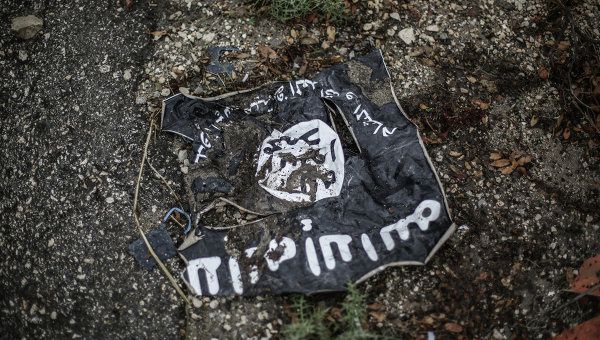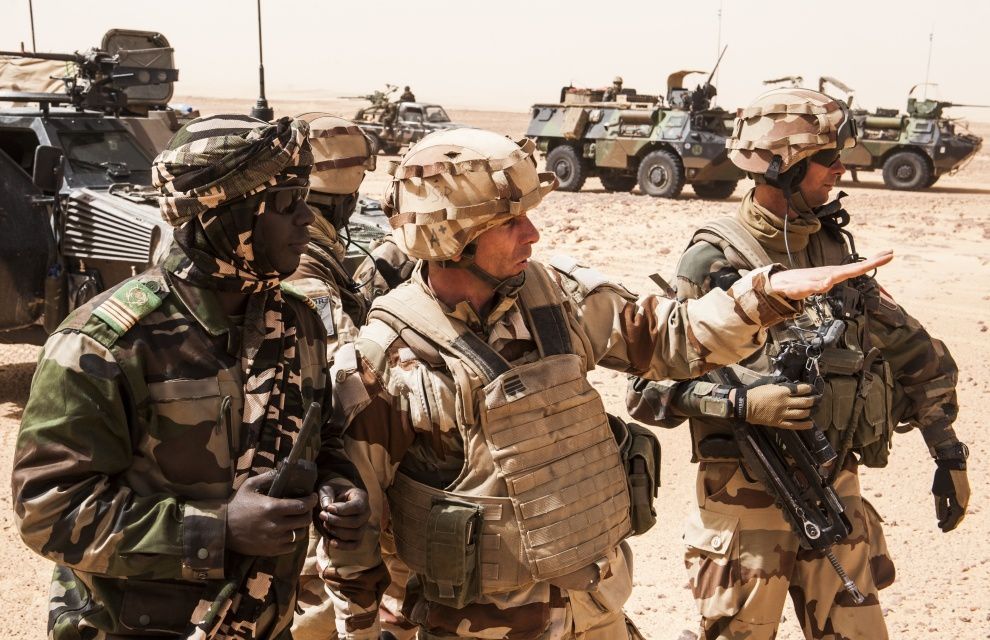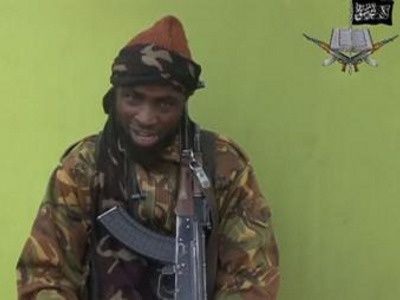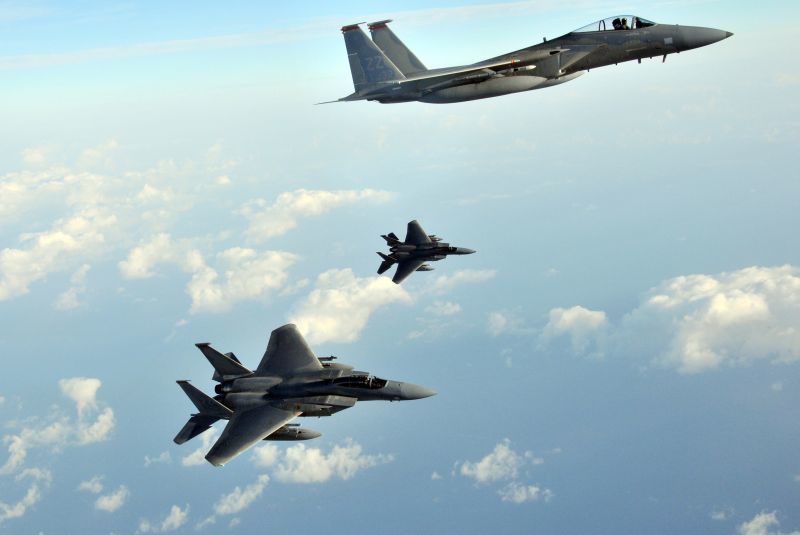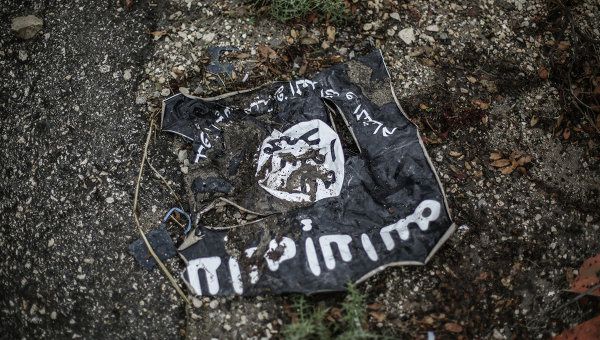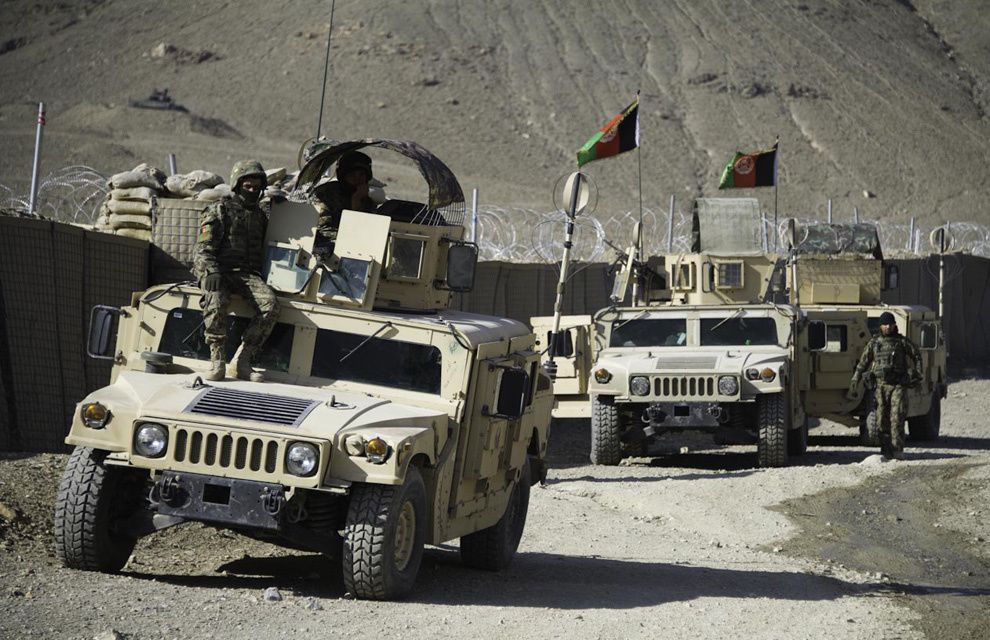Dans la province orientale du Nangarhar, frontalière du Pakistan, le long convoi s'ébranle vers le sud. Une cinquantaine de pick-up Ford aux couleurs de l'armée nationale afghane (ANA), progresse dans cette base arrière des talibans. La veille, le général de brigade Dadan Lawang a assigné leur mission à ses 250 soldats : "Défendre l'Afghanistan contre les ennemis qui détruisent nos mosquées et brûlent nos écoles."
Il est rare que l'armée autorise un reporter étranger à suivre une opération. C'est l'occasion, peut-être, de répondre à une question qui, en ces temps d'élections, taraude tous les observateurs de la vie afghane : après le départ des troupes américaines, à la fin de 2014, l'armée nationale sera-t-elle capable de tenir tête aux talibans? La guérilla de ces soi-disant islamistes n'a jamais cessé depuis la chute du régime du mollah Omar et la fuite de ses alliés d'Al-Qaeda, dans les derniers mois de 2001.
Le soir, des fonctionnaires deviennent talibans
"Les zones que nous allons traverser sont acquises aux extrémistes, explique le sergent Tarooz, dans sa voiture blindée. Ils vont se manifester, c'est sûr." S'il vient tout juste de rejoindre les rangs de l'armée afghane, l'officier est un habitué des opérations à risques. Trois ans durant, il a été employé comme traducteur auprès des forces américaines, dans le sud du pays. Il sait que la plupart des soldats, comme les talibans eux-mêmes, est issu de l'ethnie pachtoune, majoritaire dans le pays.
Face à nous, les sommets enneigés de Tora Bora dominent l'horizon. Oussama ben Laden aurait trouvé refuge ici, dans les jours qui ont suivi la fuite des talibans de Kaboul. Bombardé par les avions américains, traqué par les troupes d'élite de Washington, le chef d'Al-Qaeda a pu fuir cette forteresse inexpugnable sans être inquiété (1).
Après plusieurs heures de route, une détonation sourde couvre le bruit des moteurs. Une épaisse fumée noire s'élève dans le ciel, à l'avant de la colonne : les démineurs ont fait sauter une bombe radiocommandée. Un cratère de 1 mètre de diamètre montre la puissance de la charge. "Si nous ne l'avions pas détectée, les insurgés l'auraient déclenchée par téléphone à notre passage, affirme le lieutenant Feroz. Ces lâches n'ont pas les moyens de nous affronter en face, alors ils posent des mines qui tuent des civils. Ce ne sont pas de bons musulmans." Depuis le début de l'insurrection, ces engins auraient tué près de 3000 civils afghans, selon l'Organisation des Nations unies.
Une vieille Toyota grise, qui tente de se faufiler entre les véhicules militaires, est arrêtée par des soldats. Le père de famille, vêtu d'un shalwar kamiz, l'habit traditionnel afghan, blanc cassé, sort craintivement de la voiture. Le sergent Ahmad Qais, tee-shirt marron sous son gilet pare-balles, effectue une fouille au corps minutieuse, puis lâche : "C'est bon, vous pouvez repartir." L'automobiliste ne demande pas son reste : il est déconseillé, dans la région, de sembler fraterniser avec des militaires afghans. Sans trop d'illusions, le sergent Qais cale son fusil-mitrailleur sur son épaule et remonte dans son pick-up. Par ici, il n'est pas rare que les fonctionnaires du gouvernement se transforment, à la nuit tombée, en talibans...
Des embuscades sanctionnées par un déluge de feu
A l'heure où le soleil commence à disparaître derrière les montagnes, les véhicules parviennent enfin au district de Sherzad. Pour en arriver là, il aura fallu désamorcer six bombes, sur cette route désertique, bordée de champs verdoyants - du pavot. C'est dans ces petites fleurs blanches bourgeonnantes, dont la résine sert à fabriquer l'opium, que les talibans puisent leur force : une bonne part du financement de l'insurrection provient du trafic de drogue.
L'Afghanistan est le premier producteur d'opium, et concentre 90% du marché mondial. Dans ce district, où les champs de pavot colonisent de vastes étendues jusqu'au bord des routes, les militaires semblent indifférents. "Cette année, nous n'avons pas reçu l'ordre de lancer de campagne d'éradication", confie le général de brigade Dadan Lawang, avant d'ajouter, "à titre personnel", que des destructions massives auraient permis d'affaiblir les talibans. Pour autant, tenter d'éradiquer cette culture risquerait de déstabiliser toute la région et de pousser davantage de paysans dans les bras des talibans. Un hectare de pavot rapporte, selon la Banque mondiale, entre 8 et 20 fois plus que 1 hectare de blé. Une réalité implacable, que les millions de dollars investis par les Occidentaux dans des programmes antidrogue n'ont jamais gommée.
Les militaires afghans plus forts que jamais
Soudain, des tirs en rafales éclatent. Les talibans sont en face, sur le flanc de la colline. Le sergent Qais fait poser les mortiers sur le sol. Pendant plus de deux heures, l'artillerie afghane déchaîne un déluge de feu. La précision n'est pas de mise, mais peu importe. "Nous n'avons subi aucun dommage et infligé de lourdes pertes à l'ennemi", fanfaronne, après l'assaut, le colonel Shirin Agha, porte-parole de l'armée, qui accompagne cette mission. De telles embuscades, la brigade en essuiera trois en deux jours. Et toujours, le même constat : les militaires sont confrontés à des talibans peu nombreux, manifestement incapables d'affronter une armée nationale bien préparée et bien équipée, même si la riposte de celle-ci se révèle, chaque fois, aveugle et disproportionnée.
Politiques, diplomates et militaires se sont longtemps interrogés sur la capacité de l'armée afghane de prendre le relais des forces de l'Otan. Or non seulement l'institution en paraît tout à fait capable, mais certains se demandent même si les militaires afghans ne seraient pas devenus trop puissants... Certes, il aura fallu, durant cette opération, un appui aérien américain pour faire cesser les tirs des insurgés. Certes, les Afghans ont, à plusieurs reprises, appelé les forces spéciales américaines en renfort pour débusquer les francs-tireurs. Il n'empêche : les militaires afghans sont plus forts qu'ils ne l'ont jamais été.
D'abord, ils sont nombreux: 350000, en incluant toutes les forces de police. Préparée durant plus d'une décennie par les Etats-Unis, qui ont investi plus de 60 milliards de dollars dans sa formation, l'armée afghane est, par ailleurs, bien entraînée. En déployant 190000 hommes dans les jours précédant le premier tour de l'élection présidentielle, le 5 avril, n'a-t-elle pas montré qu'elle avait les capacités de repousser les talibans? Ces derniers n'ont pas réussi à perturber le scrutin, comme ils l'avaient pourtant annoncé. Alliés objectifs du Pakistan voisin, qui leur a longtemps offert un sanctuaire dans la zone frontalière, les partisans armés du djihad apparaissent désunis, à l'image du régime d'Islamabad lui-même, où civils et militaires se disputent ouvertement sur de nombreux sujets.
Comme souvent tout au long de l'histoire de l'Afghanistan, le destin de ce territoire enclavé, aux confins de l'ex-Union soviétique, de l'Iran, de la Chine et du Pakistan, semble dépendre de forces étrangères qui l'ont placé au centre d'un "grand jeu". Or le "joueur" américain, pour l'heure, déploie largement plus de moyens que les autres... Au début de mars, le Pentagone a annoncé qu'il comptait consacrer, en 2015, plus de 79 milliards de dollars au conflit afghan et à la lutte contre le terrorisme dans ce pays.
De toute évidence, le prochain président - qu'il s'agisse de l'ancien ministre des Affaires étrangères Abdullah Abdullah, en tête du scrutin, ou de l'économiste Ashraf Ghani - signera l'accord bilatéral de sécurité avec Washington. Celui-ci fixe les modalités d'une présence militaire américaine après le départ des 50000 soldats de l'Otan. Or, si les soldats américains continuent d'épauler leurs homologues afghans, comme ils le font jusqu'à présent, il y a peu de chances que ceux-ci se fassent balayer par une insurrection talibane.
Vingt ans après la guerre civile, qui marqua la lente dissolution du pouvoir central et ouvrit la voie à l'instauration du régime taliban, l'armée est désormais l'une des rares institutions nationales en bon état de marche. Trop, peut-être ? Foreign Affairs, une revue américaine de politique internationale qui fait autorité, soulignait, il y a peu, que les militaires afghans risquent de prendre goût à leur force retrouvée et à la sympathie qu'ils suscitent (2). Une étude conduite en 2013 par l'ONG Asia Foundation montre que la population considère à 93 % que son armée est "honnête et juste", tandis que 1 Afghan sur 2 seulement fait confiance au Parlement de Kaboul et à l'action menée par le gouvernement. Peut-il en être autrement dans un pays qui serait l'un des trois plus corrompus du monde, selon le classement de l'ONG Transparency International ?
Un équilibre entre Tadjiks et Pachtouns
Depuis l'invasion soviétique, en décembre 1979, le peuple afghan a connu, au fil des ans, l'occupation militaire et le djihad, une guerre civile sanglante et destructrice puis la dictature aveugle de radicaux extrémistes, avant de se voir soumis aux soldats de l'Otan et aux foucades de Hamid Karzaï, le président sortant, aux prises avec la guérilla talibane. Nul doute que la société civile, ou ce qu'il en reste, applaudirait l'instauration d'un régime militaire et la promesse de stabilité qu'il représenterait à court terme. Mais la lune de miel ne durerait pas. Car l'armée, comme le souligne Foreign Affairs, est équitablement répartie entre les ethnies tadjike et pachtoune. Des officiers formés par les Soviétiques y côtoient d'anciens moudjahidin et des soldats, souvent plus jeunes, entraînés par les Américains. En cas de coup d'Etat, ces forces se neutraliseraient.
Voilà pourquoi, au pied des montagnes du Nangarhar, la détermination des militaires impressionne. Ces derniers l'ignorent sans doute, mais l'armée révèle au grand jour le meilleur atout de l'Afghanistan : les Afghans eux-mêmes.
(1) Un rapport du Sénat américain décrit en détail cet épisode à la manière d'un roman d'aventures (en anglais) : "Tora Bora Revisited: How We Failed to Get Bin Laden and Why it Matters Today" (www.foreign.senate.gov/imo/media/doc/Tora-Bora-Report.pdf).

(2) "Afghan's Coming Coup?", par Paul D. Miller, www.foreignaffairs.com





